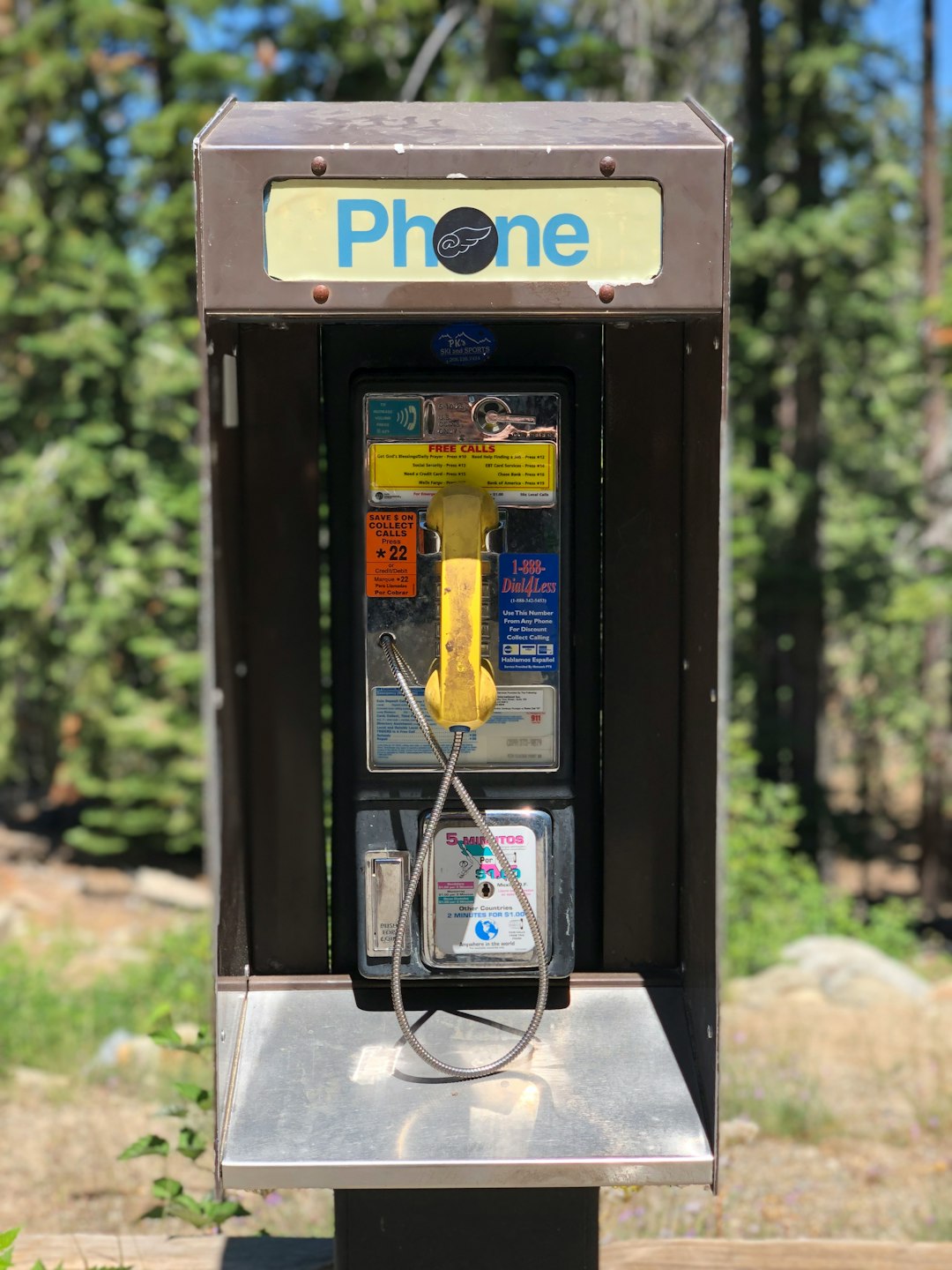In Colorado, spam text messages are regulated to protect consumers from deceptive marketing. A Spam Text Attorney Colorado clarifies these laws, helping individuals and businesses navigate best practices to avoid unsolicited texts while ensuring compliance. Non-commercial messages for educational, informational, or community purposes are exempt but still must respect consumer privacy; a qualified attorney can provide tailored guidance. Anti-spam laws are strictly enforced with significant penalties, making it crucial to consult a specialized Spam Text Attorney Colorado for compliance, policy drafting, and legal representation to avoid costly mistakes.
In Colorado, understanding spam text laws can be complex, especially regarding non-commercial messages. This article delves into the legal perspectives surrounding these communications, exploring definitions, exemptions, and the intent behind them. We examine how customer relationships influence regulations and analyze enforcement mechanisms and penalties. Moreover, we guide readers on when to consult a Spam Text Attorney in Colorado for navigating legal complexities and ensuring compliance.
Understanding Spam Text Laws in Colorado: A Legal Perspective

In Colorado, like many states, spam text messages are regulated to protect consumers from unwanted and deceptive messaging. The legal perspective on spam texts is clear: any unsolicited text message sent for commercial purposes is generally considered illegal unless the sender has obtained prior consent from the recipient. This includes messages promoting products, services, or offers, even if they are not directly tied to a business’s primary commercial activities.
A Spam Text Attorney in Colorado can help clarify these laws and guide individuals and businesses on best practices to avoid inadvertently sending spam texts. They ensure compliance with the law by reviewing messaging campaigns, advising on consent management, and providing strategies to minimize the risk of legal repercussions. Understanding the nuances of these regulations is crucial for businesses aiming to communicate effectively while respecting consumer rights.
Non-Commercial Messages: Definitions and Exemptions

In the context of spam text laws, non-commercial messages refer to communications that are not sent with the primary purpose of selling or promoting a product, service, or idea for profit. This includes messages from organizations aiming to educate, inform, or provide beneficial content to their recipients. For instance, a local business sending out newsletters packed with community news and valuable insights would fall under this category.
Under Colorado law, certain non-commercial messages are exempt from being classified as spam text. These exemptions often apply to communications like public service announcements, political messages, and notifications related to charity or non-profit activities. A spam text attorney in Colorado should be consulted to understand the specific details of these exemptions, as they can vary based on content, frequency, and consent from the recipient.
The Role of Intent and Customer Relationship

In the realm of telecommunications, the distinction between legitimate marketing and intrusive spam is crucial. The intent behind a message plays a pivotal role in determining whether it falls under anti-spam laws. While non-commercial communications may be less regulated than sales pitches, they still must adhere to certain guidelines to respect consumer privacy. A Spam Text Attorney in Colorado can help navigate these complexities.
The customer relationship is another critical factor. Messages sent to existing customers or those who have previously engaged with a business may be subject to different rules compared to unsolicited contacts. Building a meaningful connection and obtaining consent can provide legal protection, ensuring that communications remain welcome and not deemed as spam.
Enforcement and Penalties: What Happens if You Violate the Law?

In Colorado, as in many states, the enforcement of anti-spam laws is taken seriously. If a business or individual is found to have sent non-commercial spam text messages, they can face significant penalties. Fines can range from several hundred to several thousand dollars per violation, depending on the severity and intent of the offense. These fines are intended to deter future violations and compensate victims for any harm suffered as a result of unsolicited text messages.
A Spam Text Attorney in Colorado can play a crucial role in helping businesses navigate these laws. Legal experts specialized in this area can guide organizations through compliance requirements, draft effective consent management policies, and represent them if they face enforcement actions or lawsuits related to spam text messaging. Engaging such an attorney can help businesses avoid costly mistakes and maintain positive relationships with their customers.
Navigating Legalities: When to Consult a Spam Text Attorney in Colorado

Navigating Legalities: When to Consult a Spam Text Attorney in Colorado
In Colorado, as across many jurisdictions, laws against spam text messages are designed to protect consumers from unwanted and intrusive marketing tactics. However, distinguishing between legitimate non-commercial communications and spam can be complex. If you’re sending text messages for purposes other than direct sales or promotions—for instance, alerts, notifications, or informational updates—you may wonder if these rules apply. The answer isn’t always clear, especially with nuances in messaging platforms and evolving legal precedents.
In situations where there’s uncertainty about compliance or when complaints arise from recipients, consulting a Spam Text Attorney in Colorado becomes crucial. Such attorneys specialize in telecommunications law and have in-depth knowledge of state and federal regulations regarding spam texts. They can help ensure your messages adhere to the law, protect your organization from legal repercussions, and safeguard your reputation by minimizing the risk of complaint or opt-out rates.






